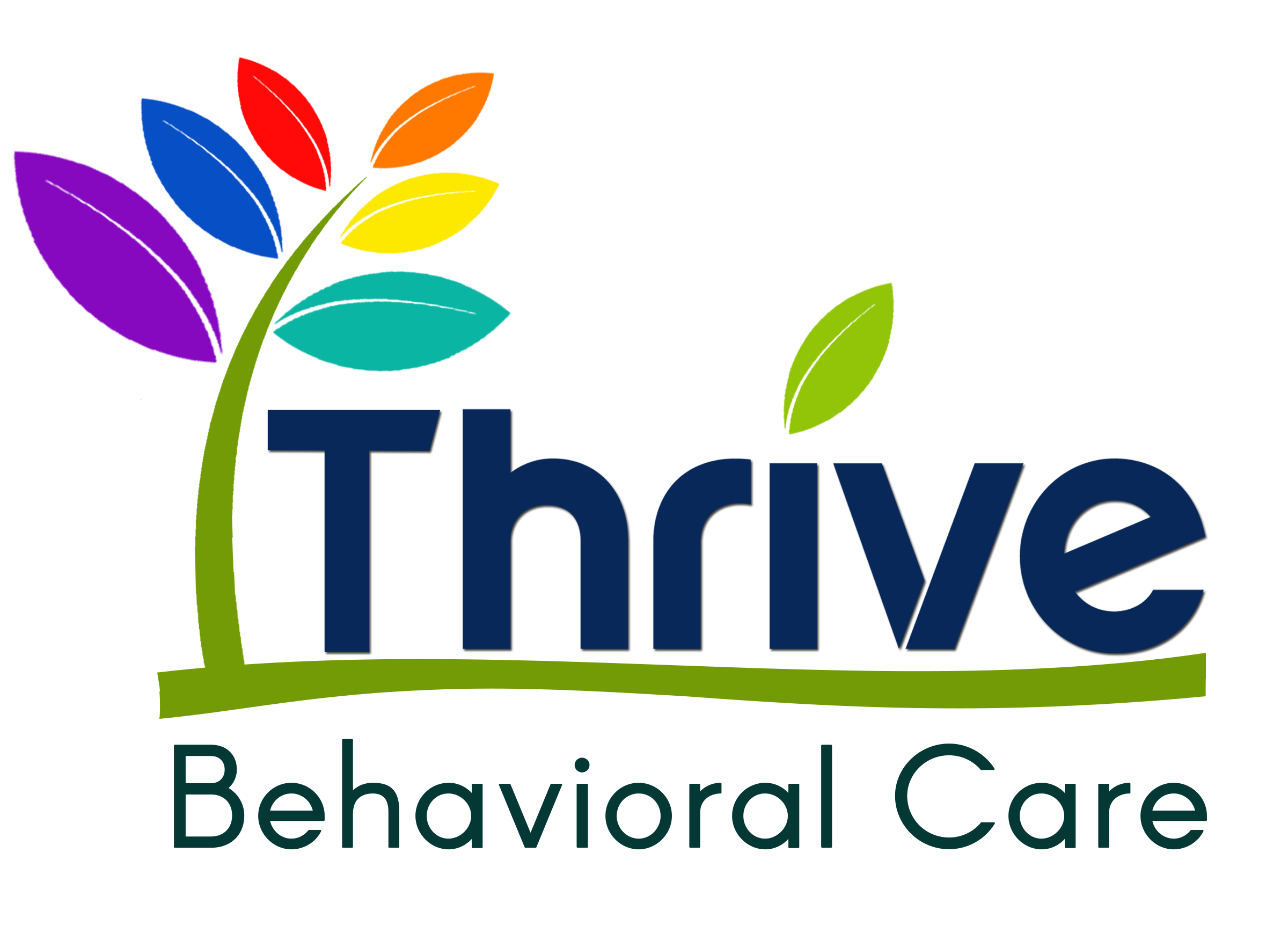
Continuing Education Courses
Thrive is a Continuing Education Training Program (CETP) Vendor approved by the California Department of Social Services (CDSS) for Adult Residential Facilities (ARF) and Group Homes (GH). The courses offered here are currently approved through a pre-recorded self-paced option or live in-person/online option. Courses are offered at $12.50/CEU Hour (for example, a 2-hour course will be $25).
-
Cultural Competence and Diversity
This course focuses on providing support and training in cultural competency and diversity to provide care and support services to individuals in their homes and communities, particularly individuals in various residential care settings. Cultural competency ensures that these services are delivered in a manner that respects and addresses the diverse cultural backgrounds, values, and preferences of the individuals receiving care.
3 CEU Hours ~ Pre-recorded Self-paced
-
Person-Centered Care in Community Care Facilities
This course focuses on providing support and training for implementing person-centered care (PCC) in community care facilities. Values, principles, and roles of person-centered thinking, planning, and practice will be discussed alongside practical examples that can be implemented. Attendees will be asked to self-assess at an individual and facility level to identify areas of change to promote PCC.
3 CEU Hours ~ Pre-recorded Self-paced
-
Positive Behavioral Support Systems/Techniques
This course focuses on commonly used systems within Applied Behavior Analysis (ABA) for behavioral modification using positive reinforcement-based techniques. These strategies use ongoing data to support an effective way of changing behavior in a manner that aligns with person-centered care. Direct support professionals will learn what the systems are, how to implement them, when they are appropriate to use, and why they are effective in decreasing disruptive behavior and teaching functional skills.
3 CEU Hours ~ Pre-recorded Self-paced
-
Providing Care in Accordance to the Final Rule for Community Care Facilities
This course focuses on providing support and training for providers to deliver care in accordance to the Home and Community-Based Services (HCBS) Final Rule. Regulations and requirements will be addressed to foster understanding in addition to discussions and activities aimed at developing competency in applied settings. Specific examples and treatment procedures will be used as a guide for providers to further develop facility-specific and person-centered plans. Providers will learn to self-assess for compliance, and actions will be developed for necessary changes. Maintenance of providing care in accordance to the Final Rule will also be discussed.
4 CEU Hours ~ Pre-recorded Self-paced and Live in-person/online
-
Providing Support for Healthy Sexual Development - Part 1 Case Conceptualization
This course focuses on providing support and treatment for adults in residential facilities, particularly individuals with a history of sexual offenses or dysfunctional sexual behavior (DSB). Difficulties in sexual development have aversive effects on the individuals involved as well as the community, legal and correctional institutions, and mental and behavioral healthcare systems. Research and current resources for care providers are limited compared to training available for other maladaptive behaviors and direct support for residential consumers is even more difficult to access. Adults in community care facilities often have developmental disabilities or are dually diagnosed with additional mental health issues that exacerbate the risk of DSB.
This course is the first part of a series aimed at increasing understanding of healthy sexual health development and conceptualization of how DSB may manifest. Direct support professionals will receive an overview of current research on adults who exhibit DSB, discussion of fundamentals and techniques proven to help with sexual development, and establish skills necessary to effectively support individuals.
3 CEU Hours ~ Pre-recorded Self-paced
-
Providing Support for Healthy Sexual Development - Part 2 Interventions
This course focuses on providing support and treatment for adults in residential facilities, particularly individuals with a history of sexual offenses or dysfunctional sexual behavior (DSB). Difficulties in sexual development have aversive effects on the individuals involved as well as the community, legal and correctional institutions, and mental and behavioral healthcare systems. Research and current resources for care providers are limited compared to training available for other maladaptive behaviors and direct support for residential consumers is even more difficult to access. Adults in community care facilities often have developmental disabilities or are dually diagnosed with additional mental health issues that exacerbate the risk of DSB.
This course is the second part of a series aimed at developing skills for direct support professionals to help teach functional replacement skills, decrease any current DSB, and minimize likelihood of future DSB. Attendees will receive training on research-based interventions and strategies (i.e. Applied Behavior Analysis), functional skills training, and positive support procedures to aid in healthy sexual development.
3 CEU Hours ~ Pre-recorded Self-paced
-
Providing Trauma-Informed Care in Community Care Facilities
This course focuses on providing support and training for delivering person-centered and trauma-informed care at community care facilities. Various forms of trauma will be discussed alongside consequences and its manifestation as treatment barriers. Values and principles of person-centered care (PCC) and TIC will be integrated into a streamlined form of service delivery. Attendees will receive training and specific examples on how to implement integrative care while understanding how personal experiences and trauma may also be present. This presentation will also include strategies on collaboration with consumers and the interdisciplinary team to ensure PCC and TIC.
3 CEU Hours ~ Pre-recorded Self-paced
-
Working with Mental Health
This course covers common diagnoses found within community care facilities. Direct support professionals will have a basic understanding of the diagnoses, how it manifests, how symptoms can change behaviors and emotions, and how to support individuals with mental health challenges. This training will also cover dual diagnoses and how multiple mental health symptoms can manifest. Specific training examples and cases will be used to demonstrate person-centered thinking and care.
3 CEU Hours ~ Pre-recorded Self-paced
-
Prompting Strategies
This course addresses a variety of different prompting methods within Applied Behavior Analysis. Prompting is commonly used in behavioral interventions and skill building to facilitates learning and accessing reinforcement while decreasing error and frustration. Trainees will learn the most common prompting techniques and how to use them with a variety of different behaviors and skills across multiple domains. This course will also focus on fading the use of prompts to increase independence and maintain developed skills.
2 CEU Hours ~ Live in-person/online
-
Reinforcement and Punishment
This course addresses the different techniques used within Applied Behavior Analysis to increase and decrease behaviors. Direct support professionals will learn what reinforcement and punishment are, how to appropriately implement, when to apply, and why these techniques are effective. This course will also address different systems used within reinforcement and punishment and when and how to fade consequential strategies to promote maintenance of behaviors.
2 CEU Hours ~ Live in-person/online
-
Applied Behavior Analysis in Community Care Facilities
This course covers the fundamentals of Applied Behavior Analysis (ABA) within community care facilities. ABA is the golden standard for treatment with individuals with developmental delays and is applicable to a wide variety of different populations. This intervention uses data to address behavioral changes including decreasing challenging behaviors and increasing deficit skills. The course will focus on direct support professionals understanding and applying ABA techniques in an effective, client-driven, and individualized manner for residents at community care facilities.
2 CEU Hours ~ Live in-person/online
-
Working with Sexual Grooming Behavior
This course helps direct support providers understand, identify, and implement preventative/reactive strategies to grooming as a disruptive sexual behavior. Implications of grooming behaviors in relation to developmental disorders and etiology will be discussed. The course will also cover practical measures of assessment, prevention, and functional skills training.
2 CEU Hours ~ Pre-recorded Self-paced

